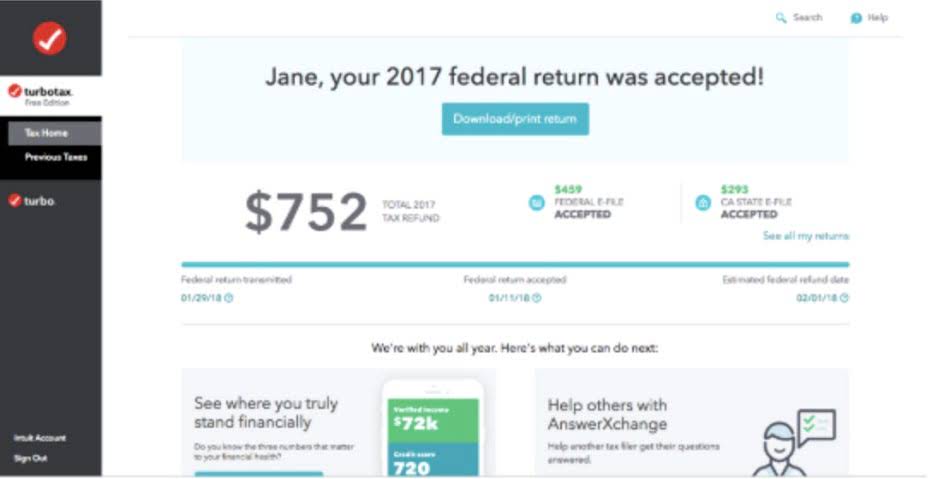
Instead, they consider it during the bank reconciliation process to ensure that the cash balance reported on the balance sheet is accurate. An outstanding check is a check that has been issued by the payer but has yet to be cashed or deposited by the payee. These checks help to reflect financial transactions in accounting records accurately. You’ll want to take all reasonable steps to cash or deposit outstanding checks. If you wait too long, the check can go stale, and no longer be considered valid. If it has been more than six months, contact the issuer to resolve the matter.
If the Check Is Less Than Six Months Old
For the recipient, the outstanding check is considered a debit, since debits record incoming money. The recipient is awaiting the receipt of funds that have been promised through the check. If an outstanding check from the previous month did not clear the bank account in the current month, the check will remain on the list of outstanding checks. As a result, the bank reconciliation for the current month will again show the outstanding check amount as a subtraction from the bank statement balance.
- The concept is used in the derivation of the month-end bank reconciliation.
- • Keeping a balanced checkbook goes a long way toward preventing a check from being forgotten.
- An outstanding check is a check that a company has issued and recorded in its general ledger accounts, but the check has not yet cleared the bank account on which it is drawn.
- Checks that linger only buy the company more time to gather up enough resources for payment to clear if more time is needed.
- To reconcile outstanding checks with your bank statement, compare the checks issued but not yet cleared with the information provided on the statement, ensuring that both records align.
What happens to an uncashed personal check?
Instead, electronic cash payment methods, such as Zelle®, take the money out https://www.bookstime.com/ of your account faster. By not trusting the payee to take action, you remove the possibility that they will forget or put off cashing or depositing the check. When the check reaches this expiration date, it is no longer valid, and the bank the check was written from may not honor the payment. Even if this policy isn’t written on the check, most banks have policies around check expiration. Ask the check’s originating bank if you’re unsure of how long you have to cash or deposit a check.
Is an outstanding check a debit or credit?

Outstanding checks may sit unspent for a long time, but it’s possible to avoid overdraft fees and insufficient funds charges that stem from essentially spending the same money twice. Some businesses print “Void after 90 days” on their checks to encourage recipients to deposit checks more promptly. Most banks will continue to honor checks for the full 180 days, but that isn’t guaranteed.
- This example underscores the importance of regularly reconciling bank statements to catch these checks and maintain precise financial records for effective business management.
- If more than six months have passed, that check may well be expired and considered void.
- There are a number of programs available that will automatically track your banking information for you, such as Mint.com and Personal Capital.
- An unpresented check (or outstanding check) is a check that has been issued or drawn by the depositor but not presented to the bank for payment until the date that the bank statement is issued.
- If you write a check and the money never leaves your account, you may develop the false belief you can spend those funds, but the money still belongs to the payee.
You are now leaving the SoFi website and entering a third-party website. SoFi has no control over the content, products or services offered nor the security or privacy of information transmitted to others via their website. We recommend that you review the privacy policy of the site you are entering. SoFi does not guarantee or endorse the products, information or recommendations provided in any third party website. Businesses that mishandle these kinds of accounting situations are effectively in violation of the law. Outstanding checks aren’t necessarily inherently bad; however, there are some risks and downsides to have checks linger.

Best practices for managing and clearing outstanding checks include regular bank statement reconciliation, promptly voiding or canceling unused checks, and maintaining proper record-keeping. Also, always maintain in communication with payees about payments not fully processed. Tracking of payments can be accomplished through the use of checks, which provide both a paper trail and evidence of payment.


Alternatively, if you both use the same bank or credit union, the transaction will conclude when the money is transferred from your account into the payee’s account. As businesses have to abide by the unclaimed property laws, any checks that have been outstanding for a long time must be remitted to the state as unclaimed property. As retained earnings such, there is no incentive to wish for an outstanding check to permanently never be cashed as the payment is subsequently owed to the government for holding. With banking activity becoming increasingly electronic, another way to avoid writing a check and forgetting about it is to use the checking account’s online bill pay service. This should provide real-time information about the total dollar amount of checks outstanding and the total dollar balance present in the account.
- In this context, an outstanding check need not be outstanding for long; it may simply be the short period of time between when a check is mailed and when it is received.
- On your reconciliation sheet, outstanding checks are often subtracted from your balance per bank because these withdrawals have not yet happened but are simply a timing matter.
- If a check was issued to you and it’s still outstanding after six months, contact the check issuer and request a replacement.
- As a result, the bank reconciliation for the current month will again show the outstanding check amount as a subtraction from the bank statement balance.
- For the past 52 years, Harold Averkamp (CPA, MBA) has worked as an accounting supervisor, manager, consultant, university instructor, and innovator in teaching accounting online.
- There is no need for the company to write a journal entry, as the checks were recorded in the company’s general ledger account when the checks were written.
While there are many risks with outstanding checks, there are simple steps you can take to avoid them. Fortunately, banks don’t have a legal obligation to honor checks written more than six months in the past. If the old check isn’t six months old, or if you want an extra layer of protection, two strategies can protect you. It may be necessary to issue a new check without getting the old check back if the original check was lost or destroyed. This presents a thorny situation—two checks might be circulating for a single payment. If the old check is deposited, your bank might honor it, and you could consequently end up paying double.
Discover® Cashback Debit Checking
Plus, with the addition of digital banking services like automatic bill payments and mobile deposits, it’s critical to know when your money is in motion. There are a number of programs available that will automatically track your banking information for you, such as Mint.com and Personal Capital. These aggregators allow you to see an overview of all of your financial accounts in a single place, from your checking and savings accounts, to your loans, to your college savings account. Such an aggregator will do the tracking and recording for you, so all you’ll have to do is check it regularly and compare it to your banking information to make sure outstanding check definition everything balances. An outstanding check remains a liability of the payer until such time as the payee presents the check for payment, which then eliminates the liability. However, by the end of the month, the landlord still needs to deposit the check.
